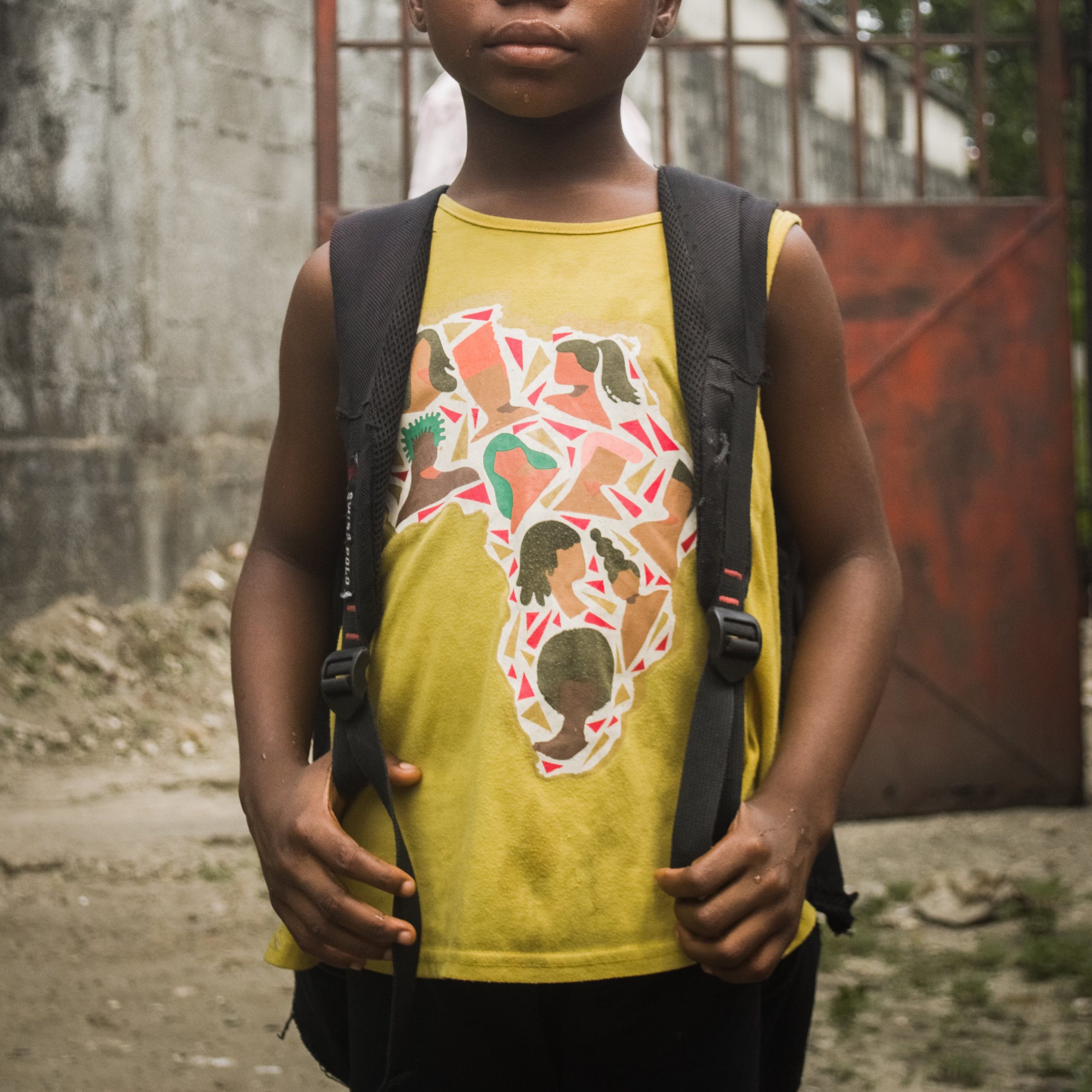Through our upcoming study on child sexual exploitation in the realm of humanitarian work, we aim to shed light on the challenges confronted by children growing up amidst crises. Read firsthand accounts from informants across Kenya, Iraq and Ethiopia as they illuminate the impact of conflicts on the lives of the most vulnerable.

Armed conflict invades their lives, disrupting access to services and the protection of their circle of trust, and expose them to new and heightened risks. From trafficking children for sexual purposes to sexual exploitation through prostitution, the threats manifest in a multitude of forms. Recorded intimate images circulated as a means of intimidation, luring children via social media with promises of protection and shelter, and survival sex in refugee camps in exchange of cash, food or protection paint a harrowing picture of the situation faced by countless children in wars, displacement and disasters. The prevalence of sexual exploitation is alarming, underscoring the urgent need for comprehensive protective measures for these at-risk children and youth.
“We have thousands of young people who completed their education and are unemployed and this leads to problems that grow even more serious during crises.”
— Respondent from Iraq
“The absence or inadequate availability of [services] greatly affected the physical, emotional, psychological, and health situation of the community, and when it comes to children, it is obvious that it affected the current and future lives of the children in all aspects. What do you expect tomorrow if these children do not get a better education?”
— Respondent from Ethiopia
Children, amidst these challenging times, face significant shifts in the socio-economic roles they may be expected to play in times of hardship, often being pushed to contribute to family income at a tender age. There is often a disturbing rise in child marriages, fuelled by economic strain, security concerns, and to protect girls from further forms of violence and sexual exploitation in the community. These situations are further complicated by factors like increased social tolerance towards forms of violence and instances of gender-based violence, as well as poor mental health issues exacerbated by collapsing or overwhelmed health and social systems. With educational disruptions, many children are left unsupervised and vulnerable, prematurely stepping into caregiving roles for siblings and relatives. Such dynamics not only challenge their right to enjoy a safe childhood, but also create expectations far beyond their years and expose them to various forms of violence, in particular sexual exploitation.
“…they are forced to marry off their daughters at an early age and send their sons to work even though they are not happy about making these decisions.”
— Respondent from Iraq

“Families now marry girls as a way to protect from rape and exploitation and also due to economic problems.”
— Respondent from Ethiopia

While humanitarian agencies have stepped up efforts to better integrate sexual violence against children in crisis response efforts, the scarcity of adequate support services and the lack of integrated responses addressing the needs and rights of children holistically, leaves many children at risk of sexual exploitation.
Existing organisations grapple with an inability to meet extensive physical, economic, and psychological needs, contributing to an overwhelming demand that exceeds available resources.
“When there is a crisis, basic needs have to be provided, but right now, we have nothing to help cases of the sexual offences against children during a crisis.”
— Respondent from Iraq
“The sexual exploitation cases are left for some humanitarian organizations and women’s, children’s, and social affairs organizations. Due to this, there is a lack of ownership by the community and the government to address the problem. There is a lack of awareness among the communities about the sexual exploitation of children, and they don’t think that they are responsible for the victims.”
—Respondent from Ethiopia
It’s time for collective efforts and a commitment to implementing measures that ensure the safety of young people amidst adversity.
ECPAT’s upcoming publication on the sexual exploitation of children in humanitarian contexts will be launched in 2024, marking a crucial milestone in our commitment to safeguarding the well-being of children across the globe.